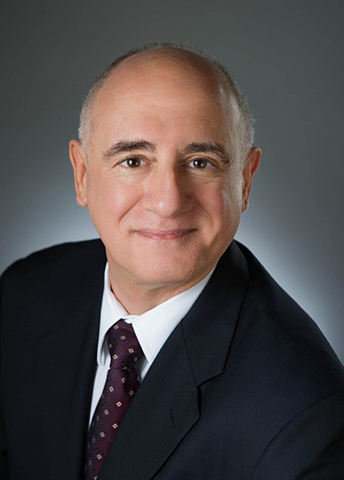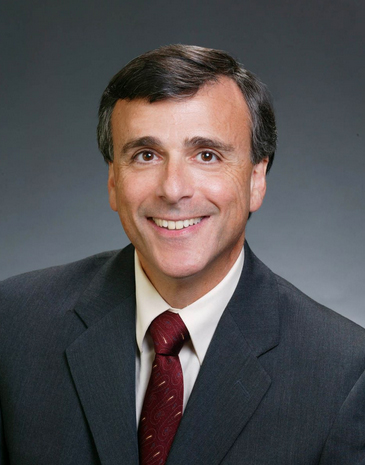
A provider’s perspective on the limited access to mental health care
Dr. Philip R. Muskin
Professor of Psychiatry
Columbia University Medical Center
As a practicing psychiatrist and patient advocate, I strongly believe that equal treatment and quality care should apply to someone who has a chronic mental health illness, like schizophrenia or major depressive disorder, requiring ongoing therapeutic and complex medical management, just as would apply to a patient in need of cardiovascular treatment or other chronic medical issue.
I’m troubled and frustrated by the rash of recent studies finding that patients across the United States are unable to obtain a timely appointment with a local mental health provider, notably a psychiatrist, who accepts their insurance coverage. This growing problem, old news to those of us practicing in the field, is multi-faceted and a fix will require a significant commitment to change on the part of many involved in the delivery and financing of health care. Unfortunately, it’s not clear such a commitment yet exists.









Connect With Us